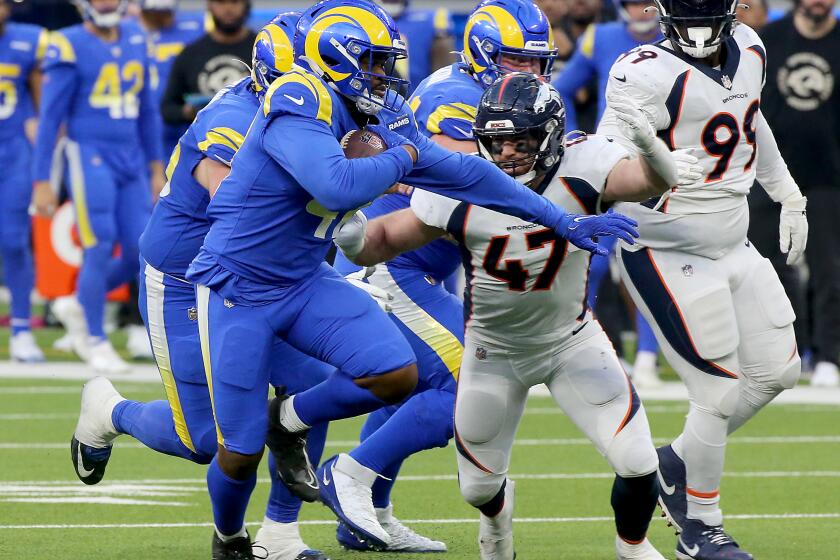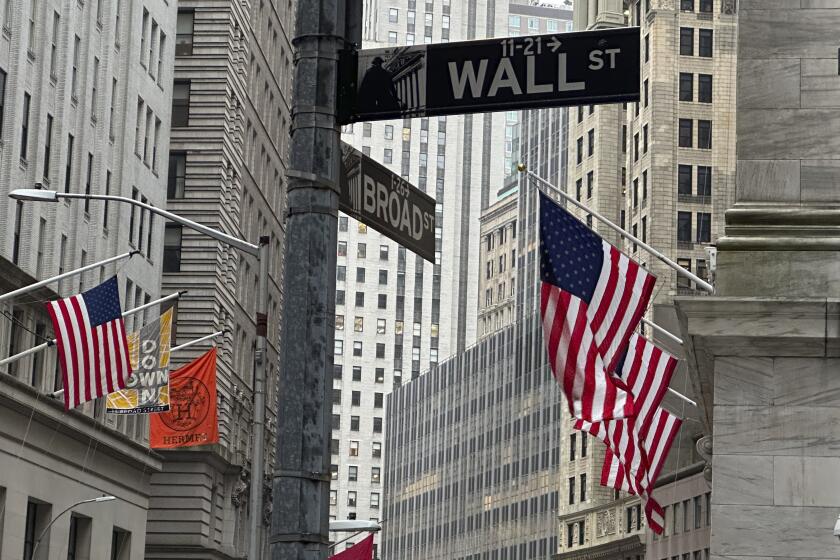What to make of those big banking bonuses
Wall Street executives aren’t famous for their humility, but they reached a new level of tone-deaf hubris in their recovery from the collapse of 2008. A number of top banks and investment firms have racked up outsized profits in recent months, sending their bonus checks through the roof. Goldman Sachs, for example, set aside $16.7 billion billion for employee compensation -- and that’s just for the first nine months of 2009.
This despite the fact that many of the same companies were in danger of going under just a year and a half ago, only to be rescued by federal bailout dollars and extraordinarily generous credit terms from the Federal Reserve. Washington not only pumped tax dollars into banks through the Troubled Asset Relief Program, it practically guaranteed them easy profits by providing capital at virtually no cost or risk -- money the banks lent only to the safest of borrowers.
Not surprisingly, some politicians have responded by calling for punitive taxes on Wall Street bonuses. And Thursday, President Obama used the bonus issue to sell a new tax on giant banks, brokers and insurers that’s designed to recoup TARP losses, saying, “If these companies are in good enough shape to afford massive bonuses, they are surely in good enough shape to afford paying back every penny to taxpayers.”
But all this anger, while understandable, distracts Washington from what should be its primary objective: to avert future bailouts by making sure no company is too big to fail. Rather than trying to punish bankers, Congress should give federal agencies better tools to detect and deter excessive risk-taking. It should also require Wall Street giants to keep larger reserves against potential losses. And it should equip regulators to shut struggling companies without sending the financial system into shock. Although bills to accomplish these goals are moving forward, they are a long way from the finish line. Obama’s proposed tax would actually send the right signal to banks -- their tax liability would go up as they took on more risk. But tying the proposal to Wall Street’s bonuses is just demagoguery.
Big bonuses may be offensive to Americans still suffering from the recession, but in the long run, they are problematic only if they reward executives for risky bets that seem to pay off in the short run but sour over time. The Federal Deposit Insurance Corp. took a promising step this week, proposing to charge higher deposit insurance premiums to banks whose compensation practices encourage too much risk-taking.
Still, the best response to egregiously large bonuses is to eliminate the possibility of a future federal bailout, so companies will be fully responsible for their own fates. Taxpayers may still resent how much bankers make, but at least their bonuses won’t have come with federal help.






